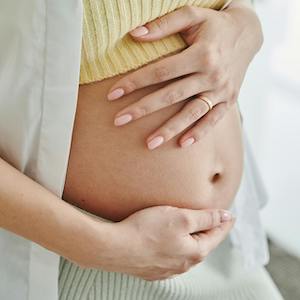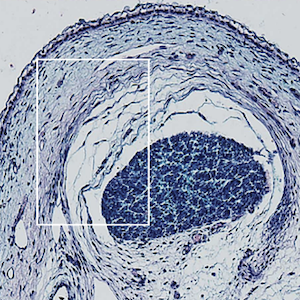Intimate partner violence in reproductive-age and pregnant-postpartum women with autoimmune rheumatic diseases: a comparative cross-sectional study

All claims expressed in this article are solely those of the authors and do not necessarily represent those of their affiliated organizations, or those of the publisher, the editors and the reviewers. Any product that may be evaluated in this article or claim that may be made by its manufacturer is not guaranteed or endorsed by the publisher.
Authors
Objective. We aimed to describe the frequency of intimate partner violence (IPV) in reproductive-age women and pregnant-postpartum women with autoimmune rheumatic diseases (ARDs) and compare it with those without ARDs (controls).
Methods. A descriptive, cross-sectional, and comparative study was conducted among pregnant-postpartum patients and reproductive-age women (18-45 years) with and without ARDs who attended the Hospital Universitario in Monterrey, Mexico, and answered the survey Hurt-Insult-Threaten-Scream (HITS) scale in the validated Spanish version, from June 2023 to May 2024.
Results. A total of 120 women were included: 60 with ARDs and 60 controls. In both groups, 30 patients were reproductive-age women and 30 were pregnant-postpartum women. A total of 44 (36%) women reported being victims of IPV. No significant differences were found in reported IPV between the control group and the group of women with ARDs (n=21, 35% vs. n=23, 38%, p=0.85). There was no statistically significant difference between the ARD group compared to the control group in the HITS score (p=0.537), nor between the pregnant-postpartum subgroups (p=0.356) or the reproductive-age subgroups (p=0.972). These findings indicate that IPV rates did not significantly differ by ARD status or reproductive stage in this sample.
Conclusions. Nearly one in every three women experienced IPV, but our research showed that there was no difference in the frequency of IPV between the ARD group and the control group. Pregnant and postpartum women were more likely to report IPV than women of reproductive age. These findings highlight that IPV is a significant concern for all women in Mexico and the need for increased attention and support for them.
Ethics Approval
The research protocol was approved by the Research and Ethics Committee of the Hospital Universitario “Dr. José Eleuterio González” with registration number RE18-00008.How to Cite

This work is licensed under a Creative Commons Attribution-NonCommercial 4.0 International License.











